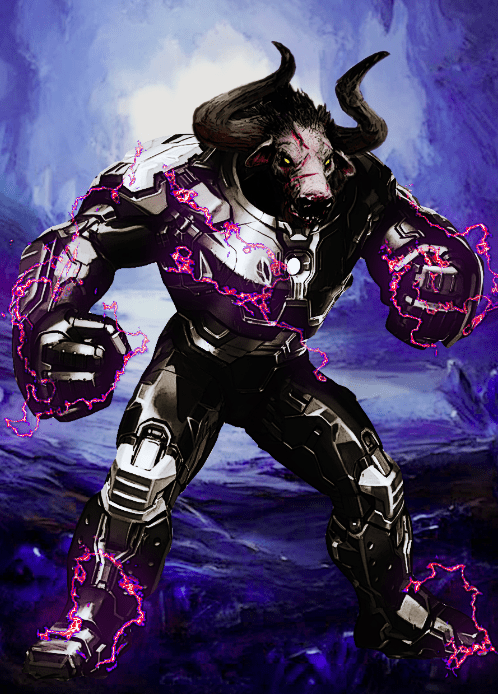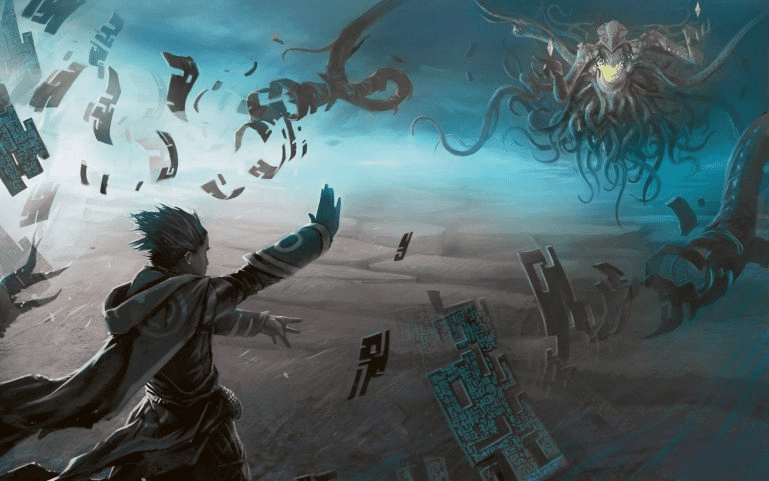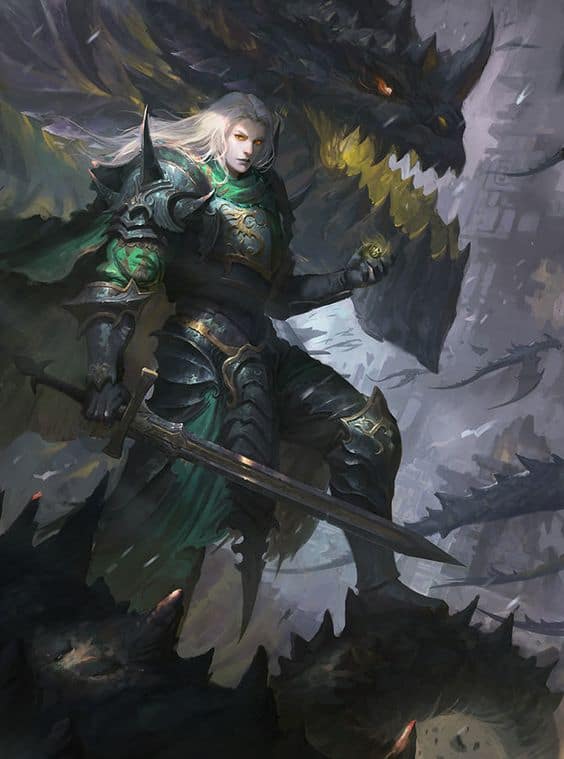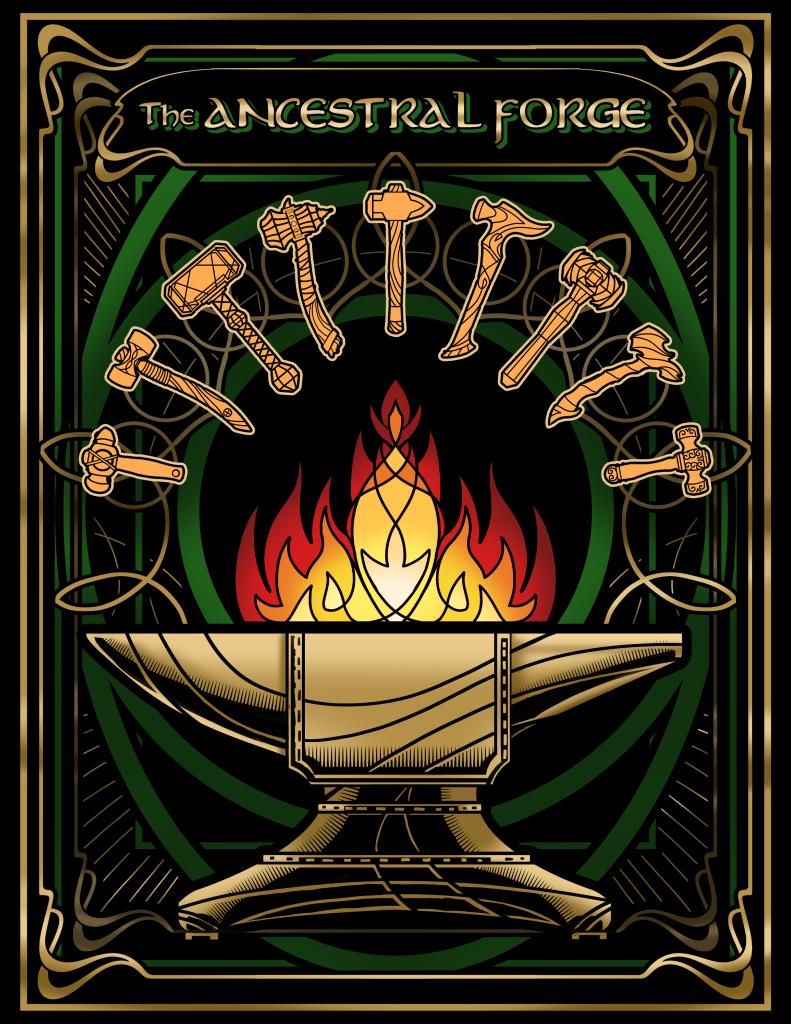D&D 5e: Aberrant Mind Sorcerer Guide
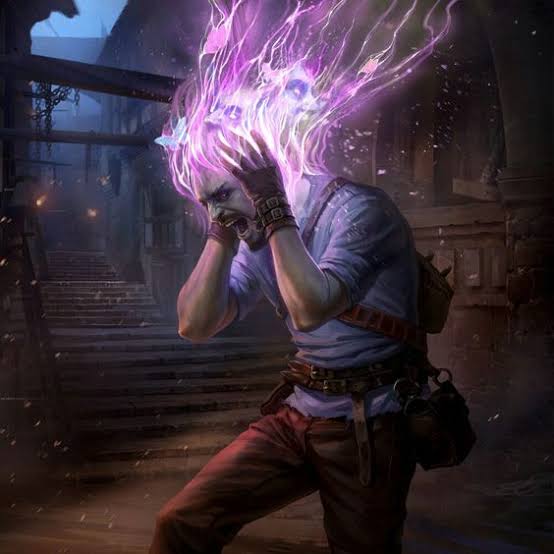
D&D 5e: Aberrant Mind Sorcerer Guide
Intro/Role in Party
The Aberrant Mind Sorcerer has three extremely enticing reasons to take it: tentacles, psionic powers, and its mechanical strength. Alongside the Clockwork Soul Sorcerer, it’s one of the two new powerful sorcerers from Tasha’s, and they turned the sorcerer from a decent class into an extremely powerful one.
You can expect to have vastly more versatility and power than the average pre-Tasha’s sorcerer, and you can unleash a wide variety of spells and metamagic while being able to cast more spells per day than other sorcerers.
Epic
Good
Meh
Bad
The Aberrant Mind Sorcer subclass is found in Tasha’s Cauldron of Everything. Click here to pick up your own copy of Tasha’s Cauldron of Everything!
Aberrant Mind Sorcerer Features
Psionic Spells
Starting at 1st level, you learn additional spells when you reach certain levels in this class, as shown on the Psionic Spells table. Each of these spells counts as a sorcerer spell for you, but it doesn’t count against the number of sorcerer spells you know.
Whenever you gain a sorcerer level, you can replace one spell you gained from this feature with another spell of the same level. The new spell must be a divination or an enchantment spell from the sorcerer, warlock, or wizard spell list.
Sorcerers normally have a small number of spells known, which can really hurt. However, this increases your spells known by ten, giving you more than most spellcasters by 9th level. I’ll rate each of the extra spells you get at each level, but if you don’t like any of these spells, you can just casually swap them out: the number of enchantment and divination spells across these three spell lists is pretty large.
1st level: Arms of Hadar is an okay spell that fills a similar role to Thunderwave, but the damage is lower and friendly fire is a problem. I’d switch it out for Tasha’s Hideous Laughter. Dissonant Whispers is a solid spell normally exclusive to Bards that can damage enemies, force them to move and waste their reaction, and then make them take possibly several opportunity attacks. Excellent. Mind Sliver is an excellent cantrip that can support your other spellcasters.
3rd level: Calm Emotions is a circumstantial spell that you may want to swap out for the powerful Tasha’s Mind Whip or Suggestion, but it’s useful when that uncommon circumstance comes up. Detect Thoughts is incredibly fun and useful; go nuts and read minds.
5th level: Hunger of Hadar is a decent spell that can slow down multiple enemies while blocking their sight-based spells and abilities and dealing damage to them. Sending is a great form of long-distance communication.
7th: Evard’s Black Tentacles is like a more powerful version of Web, and Summon Aberration is unique since it’s a summon spell, and sorcerers don’t normally get summon spells.
9th: Rary’s Telepathic Bond is redundant with your subclass’s telepathy, and you can’t take advantage of its ritual tag as a wizard can. Switch it out for Synaptic Static or another good spell. Telekinesis is a solid spell though.
Telepathic Speech
Starting at 1st level, you can form a telepathic connection between your mind and the mind of another. As a bonus action, choose one creature you can see within 30 feet of you. You and the chosen creature can speak telepathically with each other while the two of you are within a number of miles of each other equal to your Charisma modifier (minimum of 1 mile). To understand each other, you each must speak mentally in a language the other knows.
The telepathic connection lasts for a number of minutes equal to your sorcerer level. It ends early if you are incapacitated or die or if you use this ability to form a connection with a different creature.
Simple and useful medium distance telepathy. It’s unlimited use, so you can communicate with anyone you want within range.
Psionic Sorcery
Beginning at 6th level, when you cast any spell of 1st level or higher from your Psionic Spells feature, you can cast it by expending a spell slot as normal or by spending a number of sorcery points equal to the spell’s level. If you cast the spell using sorcery points, it requires no verbal or somatic components, and it requires no material components, unless they are consumed by the spell.
Casting with sorcery points in this way is cheaper than using a spell slot or converting sorcery points into spell slots, and it comes with a free Subtle spell. The spell has to be from your Psionic Spells feature though, so no Shield. Notably, your Psionic Spells tend to be spells that are useful in social situations, such as Suggestion or Detect Thoughts, so this is fantastic.
Psychic Defenses
At 6th level, you gain resistance to psychic damage, and you have advantage on saving throws against being charmed or frightened.
Even if psychic damage doesn’t come up in every campaign, the charmed and frightened conditions usually do. Advantage against them is helpful unless you’re a race that already has those features, in which case this is Bad.
Revelation in Flesh
Beginning at 14th level, you can unleash the aberrant truth hidden within yourself. As a bonus action, you can spend 1 or more sorcery points to magically transform your body for 10 minutes. For each sorcery point you spend, you can gain one of the following benefits of your choice, the effects of which last until the transformation ends:
You can see any invisible creature within 60 feet of you, provided it isn’t behind total cover. Your eyes also turn black or become writhing sensory tendrils.
You gain a flying speed equal to your walking speed and can hover. As you fly, your skin glistens with mucus or shines with an otherworldly light.
You gain a swimming speed equal to twice your walking speed, and you can breathe underwater. Moreover, gills grow from your neck or fan out from behind your ears, your fingers become webbed, or you grow writhing cilia that extend through your clothing.
Your body, along with any equipment you are wearing or carrying, becomes slimy and pliable. You can move through any space as narrow as 1 inch without squeezing, and you can spend 5 feet of movement to escape from nonmagical restraints or being grappled.
Spend one or more sorcery points, and gain a benefit. Some of these are circumstantial, but it should be easy to make use of the concentration-free flight.
Warping Implosion
At 18th level, you can unleash your aberrant power as a space-warping anomaly. As an action, you can teleport to an unoccupied space you can see within 120 feet of you. Immediately after you disappear, each creature within 30 feet of the space you left must make a Strength saving throw. On a failed save, a creature takes 3d10 force damage and is pulled straight toward the space you left, ending in an unoccupied space as close to your former space as possible. On a successful save, the creature takes half as much damage and isn’t pulled.
Once you use this feature, you can’t do so again until you finish a long rest, unless you spend 5 sorcery points to use it again.
The damage isn’t that high, and it has friendly fire capability due to the large range of the damage. It’s difficult to use this, and it might not be the best use of your action, but you can use this sometimes to move enemies or to escape a dangerous situation when you’re far away from other party members.
Strengths
You are tied with the Clockwork Soul Sorcerer for the most spells known of any sorcerer, and you can beat most other classes in your number of spells known and prepared. You are also one of the best characters to have around in a social situation, and starting at 6th level, you can cast more spells per day than most spellcasters.
Weaknesses
Your defense is still the same 1d6 hit die + no armor proficiency that a usual sorcerer has, and you don’t have any consistent damage options aside from mediocre cantrips. Multiclassing can easily cover both of these though.
Best Race Options
The Mordenkainen’s Tome of Foes version of the Githyanki grants you proficiency in light and medium armor, have a few extra free spells a day, an invisible Mage Hand, and a few more benefits. The psychic flavor works well with this subclass, and it’s also a good excuse to connect your character to mind flayers since the Gith are constantly at war with them. The Monsters of the Multiverse version is less appealing since it lacks armor proficiency and the psychic damage resistance is redundant starting at level 6.
If your table doesn’t use the Tasha’s ability score relocation rules, then Half Elf gives you the perfect ability scores: a +2 to charisma and then +1 to two other ability scores.
The Hill Dwarf is a stellar option if you want to multiclass for heavy armor, since it removes the speed penalty for wearing heavy armor, increases your hit points by 1 per level, gives you poison resistance, darkvision, and several minor benefits. Put on plate mail and a shield, cast the Shield spell, and boom, 25 AC before any other boosts.
Choosing the Right Skills
You will be called upon to handle important social rolls, so proficiency in Persuasion and Deception is mostly mandatory. Intimidation and Performance are less important but can be useful, and you probably want Insight so you can catch NPCs when they lie. You could always just telepathically ask your party members when someone’s lying though, so it’s not mandatory.
Perception is useful on any character and can save you from a multitude of bad scenarios while also helping you detect loot, so you should take it.
Your intelligence score might not be high, but Arcana proficiency makes sense for any spellcaster, and it’s especially thematic on a character who has glimpsed the secrets of the cosmos. If your character worships an eldritch chaos god and has a warlock-like relationship with them, Religion proficiency is also a good pick.
Fitting Feats
Fey Touched and Shadow Touched will give you even more low-level spells, as well as some free uses of them, and they’ll let you boost an odd charisma score. Fey Touched’s free spells are probably more useful, but Shadow Touched is solid too.
You’re already proficient in constitution saving throws, but War Caster and Lucky are two excellent choices for protecting your concentration even further. Lucky is useful for a character like you who doesn’t usually fail DC 10 concentration saving throws but wants to reroll them when they do fail, and it helps with other important rolls too.
You have a wide array of incredible psionic abilities, but you don’t have a low-cost way of moving objects and creatures with your mind. Go ahead and take Telekinetic for the full set of psionic powers, an increase to an odd charisma score, and a useful bonus action you can use every round.
Optimal Backgrounds
Far Traveler can be a great choice if your character was from an extremely bizarre place, like the Astral Plane or a secret Mind Flayer slave camp.
Haunted One is appropriate if you want the source of your psionic powers to have deeply hurt you and the people close to you in the past.
Maybe you’re a Quandrix Student who opened a forbidden math textbook and was forever changed by the eldritch revelations within. Those eldritch revelations also gave you the Strixhaven Initiate feat for free, as well as the social skills to persuade your DM that it’s not a minmaxer thing, I swear, it’s thematic!
Multiclassing Options
One level of Order Cleric is an excellent idea for any spellcaster who plans on casting spells on their allies, and it’s especially potent for a dwarf who can ignore strength requirements on heavy armor. Go nuts with your armor class, get even more extremely good spells, and become the ultimate support caster and tank. Other cleric subclasses are fine options too.
Hexblade, Undead, and Genie are three excellent warlock subclasses you can take if you want a perfect sorlock build. Hexblade is the best defensively, Undead is the best for debuffing enemies with your Eldritch Blast, and Genie is an all-around solid pick.
Six or seven levels of any paladin before going into sorcerer can make for an extremely effective soradin build; just keep your oath in mind when using shady enchantment magic.
Would I recommend playing an Aberrant Mind Sorcerer?
The Aberrant Mind Sorcerer’s combat and social versatility make it an amazing addition to nearly any party, and it has incredible optimization potential through multiclassing and feats. You can turn an Aberrant Mind Sorcerer into almost any kind of character, from a damage dealer to a tank to a utility caster to a debuffer and more, and you can be powerful in a wide number of areas at once.




